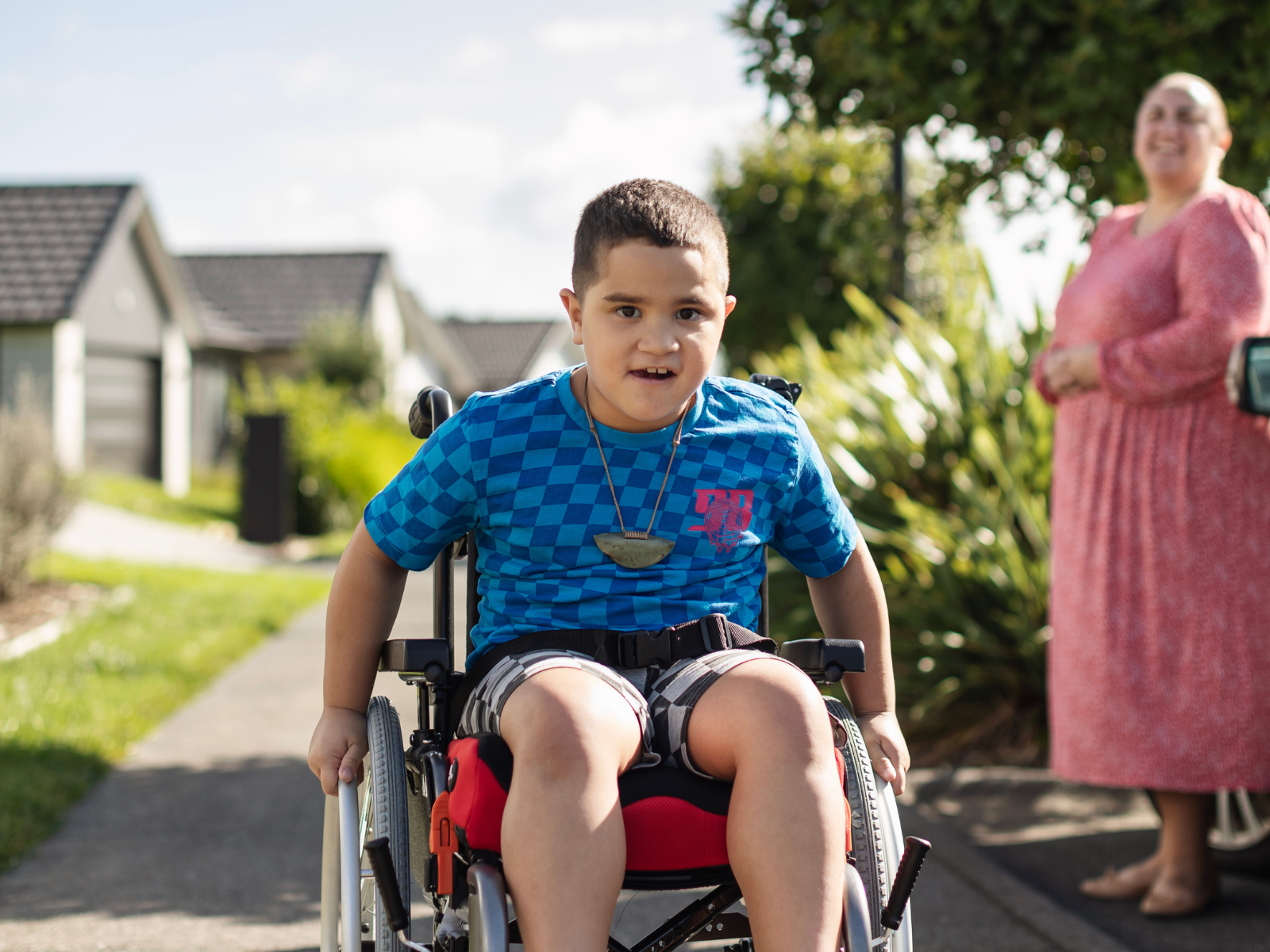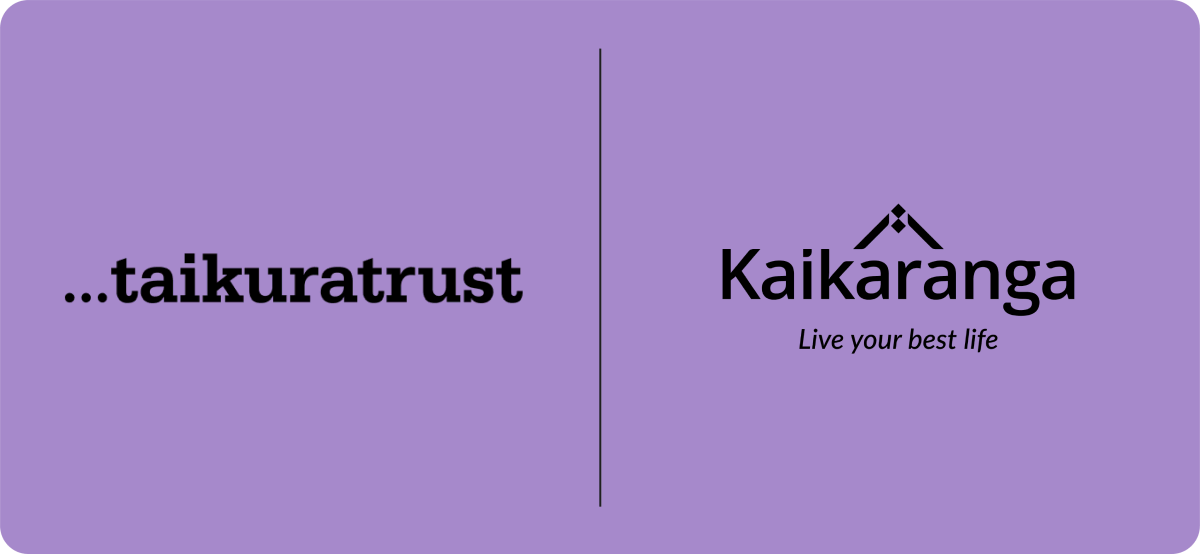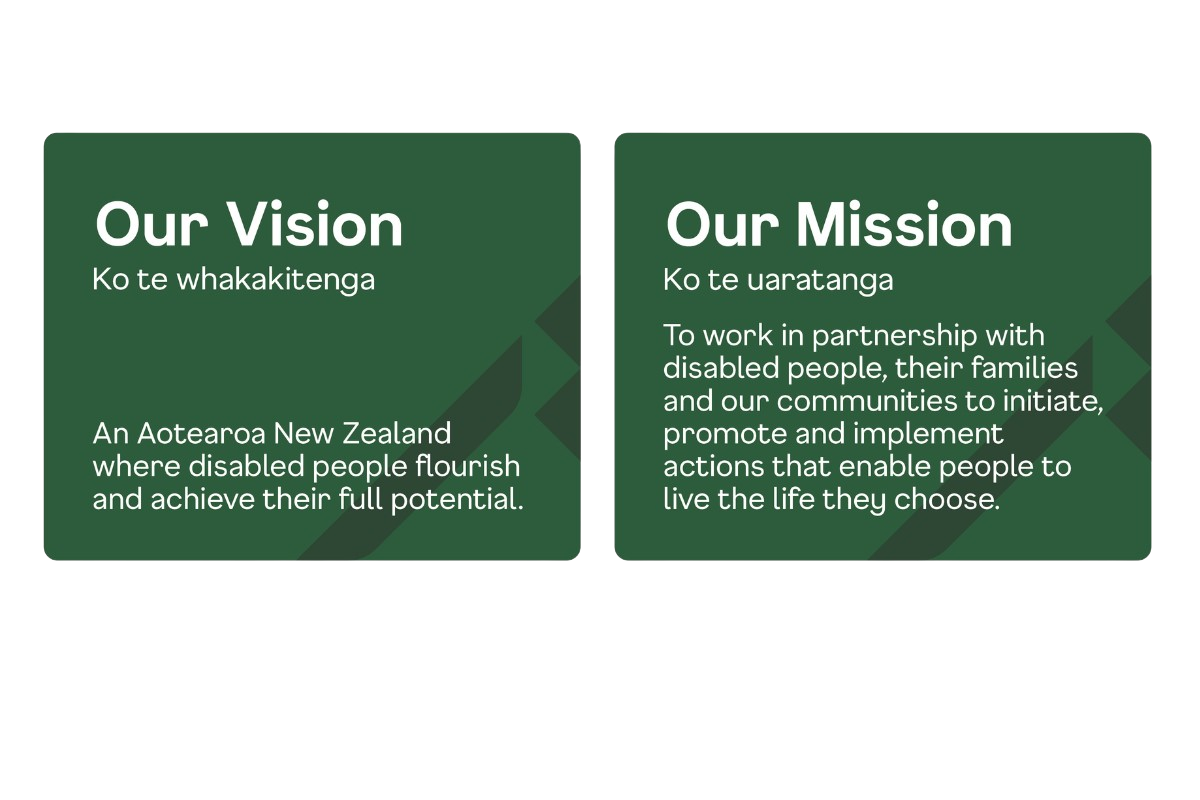Our story
Nau mai ki Kaikaranga.
We’re your first voice in disability support. We’re here to help disabled people and their whānau live their best lives. And this is our story.

Our beginnings
Our story begins in 2001, around the kitchen table of one of our founders. Taikura’s founders were a like-minded group of
They developed a shared vision; to empower disabled people and their whānau to have the support they need, gain their independence, and have choice and control over their own lives.
Taikura Trust was registered as a charitable organisation in late 2001. In 2002, Taikura Trust secured the contract to provide NASC services in Tāmaki Makaurau Auckland – becoming New Zealand’s first and only

From Taikura Trust to Kaikaranga
Over the years, we expanded beyond a NASC, and into wrap-around support for
Kaikaranga today
Today, Kaikaranga is the connecting thread and singular voice for disabled people living throughout the Auckland region. We support 35% of disabled New Zealanders who receive
Led by the principles of
The story behind our name
From the sea to the land
We continue to hold firm to the strong foundation laid by our parent organisation Taikura Trust. The Trust was named for the feeding rock off the coast of Ngāti Kahungunu
The role of the kaikaranga is revered in
Mana inherited from

Our values
These are the core values we live by. They’re our guiding principles, and they make us who we are.
Always put people first
He aha te mea nui o te ao? He tangata he tangata he tangata!
What is the most important thing in the world? It is people it is people it is people!
Be someone others can count on
He toka tū moana he ākinga nā ngā tai.
Steadfast as the rock that scorns the lashing tides.
Do what is right, not what is easy
Kia mau koe ki te aka matua, kei mau koe ki te aka taepa.
Hold fast to the parent vine, take not hold of the loose vine.
Ignite ideas for a better tomorrow
Poipoia te kākano kia puāwai.
Nurture the seed and it will bloom.
Enabling Good Lives (EGL)
The last decade has seen the disability support system transform to align with the Enabling Good Lives principles, and Kaikaranga is no exception. Our EGL journey began in 2019. Today, these principles are deeply embedded into the way we work and the results we strive for.
-
Disabled people are in control of their lives.
-
Starting investment early, by building a community and support system that gives disabled people the opportunity to grow their independence.
-
Providing support tailored to the specific needs of individual people, with a holistic whole-life view instead of a disconnected cross-programme approach.
-
Supporting disabled people to live their everyday lives just like others their age, with opportunities to learn, have jobs, homes and families, and take part in social activities.
-
Giving disabled people the opportunity to access mainstream services, before considering specialist disability support services.
-
Recognising, respecting and upholding the abilities and contributions of disabled people and their whānau.
-
Connecting disabled people with supports that are designed to be flexible, simple and easy to use.
-
Working to foster and nurture connections and relationships between disabled people, their whānau and their wider community.